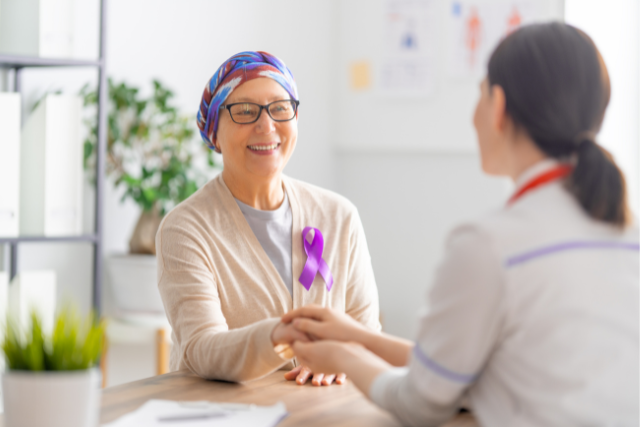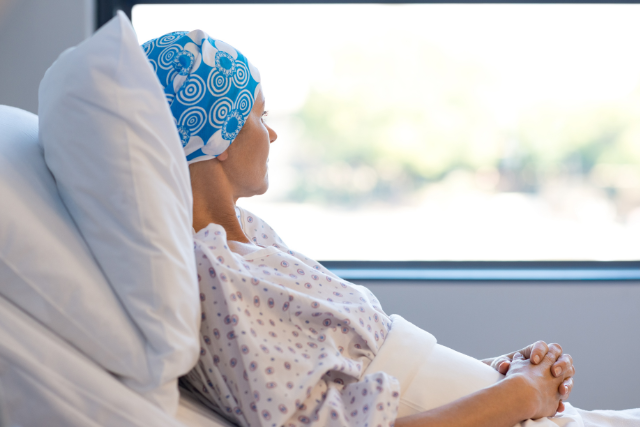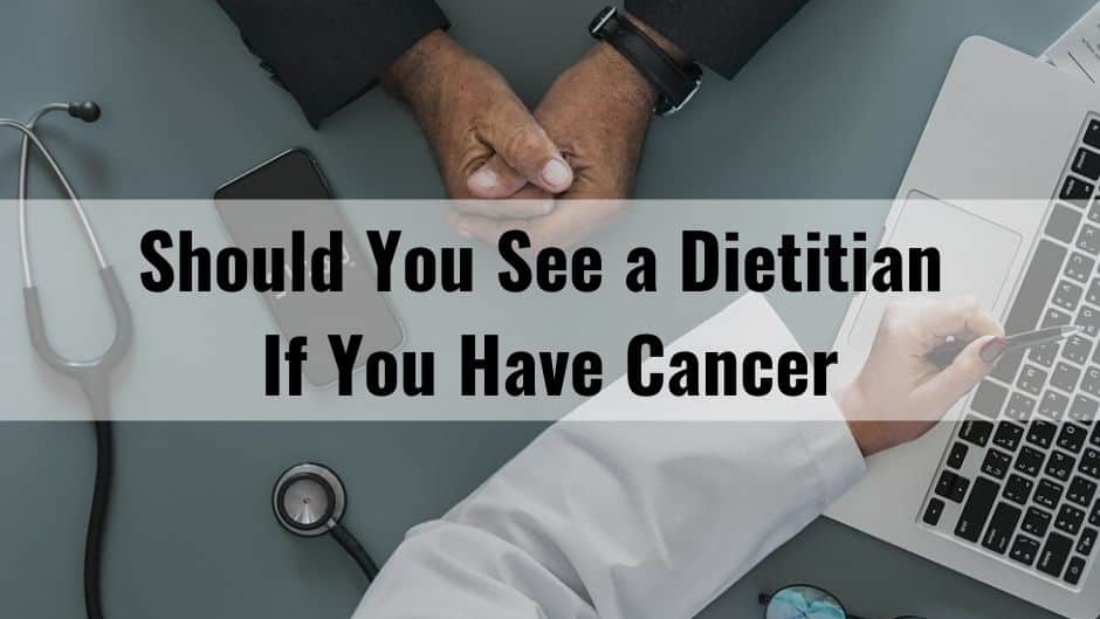If you’ve been diagnosed with cancer, you will interact with a number of different members of the health care team at various times during treatment. When you walk into a doctor’s office, hospital, or cancer center, you may encounter nurses, social workers, doctors, pharmacists — the list goes on. Today, I am going to talk about how a dietitian can help in providing high-quality cancer care.
Proper nutrition is essential for living well during and after cancer treatment. Dietitians are the nutrition experts who can help people understand proper eating for their specific conditions.
WHAT IS THE ROLE OF A DIETITIAN ON THE CANCER CARE TEAM?

Many people living with cancer may experience nutritional difficulties during the course of their cancer treatment. That’s why it’s important to consider working with an Oncology Dietitian at your cancer centre or you may hire an outpatient dietitian on your own.
The primary role of dietitian is to work with the medical team to identify patients who are at high risk for malnutrition or significant weight loss and to work with those patients to maintain their nutritional status during treatment.
Dietitian gives patient solutions to problems.
Dietitians are a resource of aiding with tube feeding, nutrition supplements, nutrition education, general counselling.
THE GOALS OF NUTRITION INTERVENTION
Dietitians support patients by making sure they meet their goals for calories, protein, fluid in order to assist them with completing their planned treatment. The goals include preventing treatment interruptions, helping to ease side effects (nausea, poor appetite), and improving their overall quality of life.
Most cancer treatments work better when you are well nourished. People with cancer who a re well nourished and able to maintain a healthy body weight often have a better prognosis.
THE COMMON CONCERNS FROM PATIENTS

- Poor appetite
- Dehydration
- Weight loss
- Taste change
Food can become a battle for cancer treatment patients. Patients’ reactions are different. Therefore, a dietitian will spend time understanding a patient’s food preferences – what foods they find appetizing. Then, a dietitian will work on suggestions and build a meal plan that is tolerable and calorie dense.
It’s all about individualization and meeting the patient where they are.
THE CHALLENGES
The biggest challenges for a dietitian is the misinformation patients hear from social media or read on the Internet – Sugar feeding cancer, special diets, supplements, etc. It creates more confusions and extra expense for the patients and family. Dietitian will spend quite a bit of time reassuring and educating the patient that the basics of nutrition will serve them well.
Internet Myths scare patients and make them feel that food is the enemy.
WHAT SHOULD I ASK MY DIETITIAN?
You can ask any nutrition related questions, but before your appointments, make a list of questions or concerns. So, you don’t forget to ask during your appointment.
If taking nutrition supplements or natural health products are your idea, be sure to talk to your doctor and healthcare team first. “Natural” doesn’t always mean safe. These products may also interfere with other medications or treatments.
WHERE CAN YOU FIND A DIETITIAN?
Dietitians are food and nutrition expert who have studied how diet and dietary supplements affect your health. Patients can request a nutrition consult from their doctor at Cancer Centre.
If patients wish to find a dietitian in their area, you can go to the website of Malaysia Dietitians’ Association.
In fact, about half of all cancers can be prevented through healthy living.


Leave A Comment